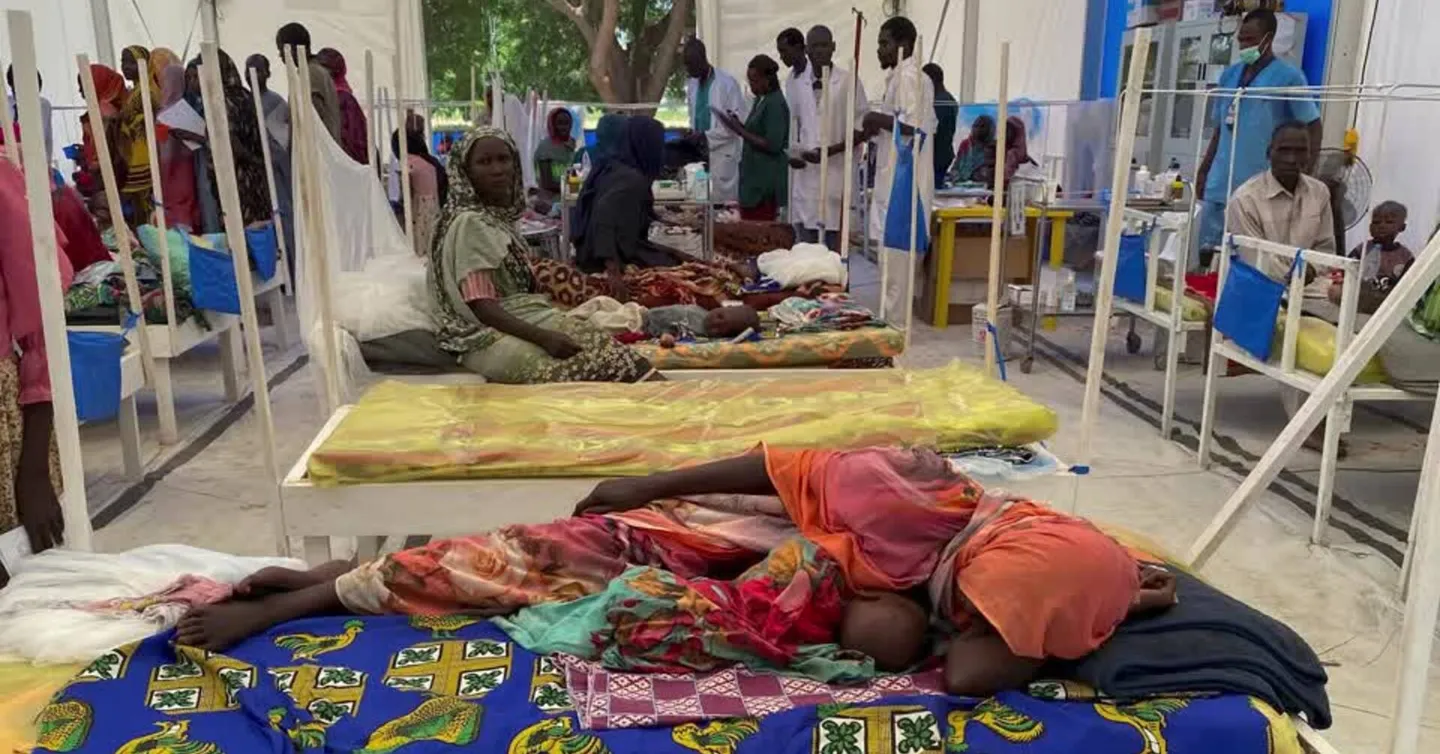
Sudan is grappling with a devastating health crisis as a cholera epidemic, fuelled by ongoing civil conflict, has claimed more than 2,300 lives, with tens of thousands more infected across the country.
The outbreak, which began in July 2024, has so far resulted in 2,302 deaths and 91,034 reported cases spanning 116 locations across 17 states, according to figures released by the Ministry of Health.
Between 12 and 18 July alone, 1,307 new cases were recorded, with Tawila in North Darfur reporting 519 infections, the highest weekly tally. Bileil, in South Darfur, reported the highest number of deaths.
Medical and humanitarian agencies warn that the epidemic is spiralling out of control as Sudan’s healthcare system collapses under the weight of war.
Since April 2023, the country has been torn apart by fierce clashes between the Sudanese Armed Forces and the paramilitary Rapid Support Forces, a conflict that has killed tens of thousands and displaced millions, both internally and across borders.
The United Nations Office for the Coordination of Humanitarian Affairs has issued repeated alerts, warning that the cholera crisis—compounded by widespread flooding, a surge in returns to underserved areas, and outbreaks of other diseases such as dengue fever and malaria—poses a catastrophic threat to public health as the rainy season intensifies.
Healthcare infrastructure is nearing total collapse. Around 70 to 80 percent of medical facilities in active conflict zones are unable to operate, while more than 250 hospitals nationwide have been forced to close due to violence, lack of staff, or shortages of critical supplies.
With the conflict stifling aid delivery and humanitarian operations, Sudan’s cholera epidemic is expected to worsen unless immediate international assistance and a ceasefire allow health and relief agencies to respond effectively.



